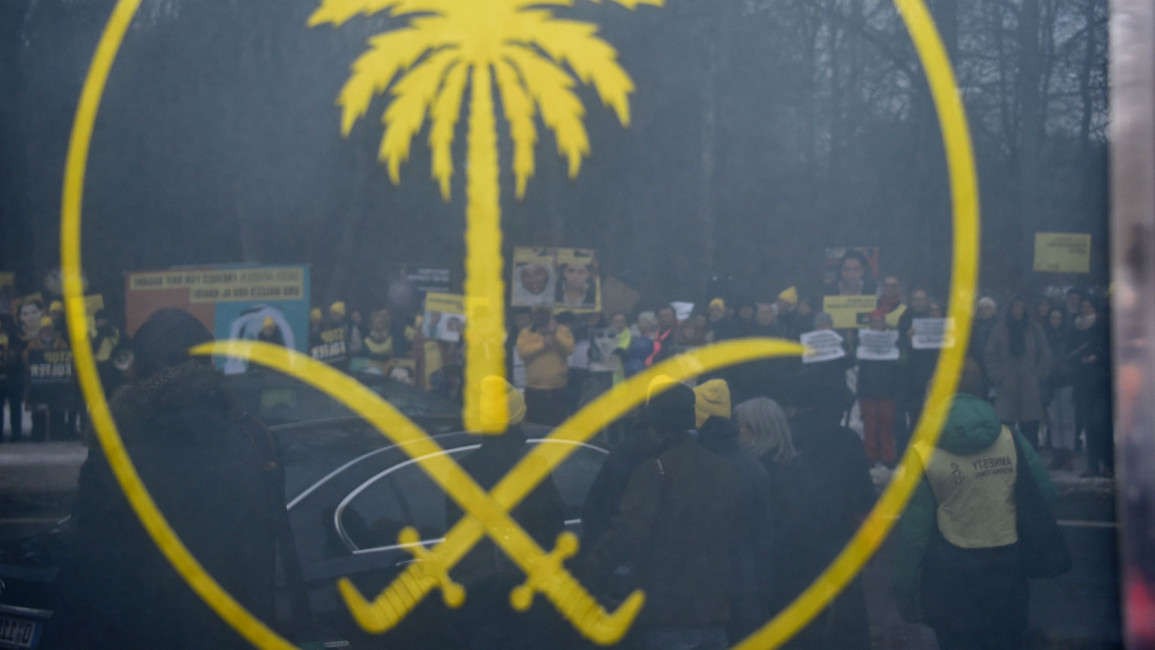Saudi teenager arrested at 13 will 'not be executed', campaigners say
Murtaja Qureiris was arrested at just 13-years-old for offences including participating in an anti-government protest when he was just ten.
Saudi prosecutors had sought the death sentence for the teenager, now 18, rights groups revealed last week.
That revelation brought the case to international attention, with Amnesty calling on the ultraconservative kingdom to halt the planned execution of the teenager, who hails from Saudi Arabia's minority Shia population.
Qureiris will not be executed, campaigners have now said.
An unnamed Saudi official speaking to Reuters on Saturday also confirmed those reports.
He could be released by 2022, according to the European Saudi Organisation for Human Rights, which has tracked his case for years.
The teeanger was sentenced to 12 years in prison, including time served since his arrest and four years suspended, CNN reported citing a Saudi official.
That sentence would leave Qureiris with three more years in jail.
"The news that Murtaja Qureiris will not face execution is a huge relief for him and his family, but it is utterly outrageous that the Saudi Arabian authorities were seeking the death penalty for someone arrested under the age of 13 in the first place," Amnesty's Middle East Research Director Lynn Maalouf.
Executing anyone convicted of crimes below the age of 18 is strictly forbidden under international law.
Read more: Fate of Saudi religious scholars on death row
Austria's government had last week said it would implement a vote in parliament calling for the closure of a controversial Saudi-funded centre for religious dialogue in Vienna amid the uproar over the teenager's possible execution.
|
|
Riyadh has faced increasing international scrutiny over its human rights record since exiled Saudi journalist Jamal Khashoggi was murdered last year in an operation widely suspected to have been directed by the country’s de-facto ruler, Crown Prince Mohammed bin Salman.
The ongoing trial of a group of womens' rights activists and the April execution of 37 people - most of them from the country's persecuted Shia minority and some of them minors at the time of their alleged crimes - have also served to increased pressure on the kingdom.
The kingdom, however, has long been criticised for being one of the world's top executioners, and rights experts have repeatedly raised concerns around the fairness of trials in the country.
Qureiris was detained at the juvenile detention centre in al-Dammam city in September 2014, and held in solitary confinement for a month, while he was beaten and subjected to intimidation by his interrogators.
He was charged with attending anti-regime protests, attending the funeral of his brother Ali Qureiris who was killed in a 2011 protest, joining a "terrorist organisation", throwing Molotov cocktails at a police station, and firing at security forces.
The protests were part of widespread unrest among Saudi Arabia's Shia-minority about government discrimination.



